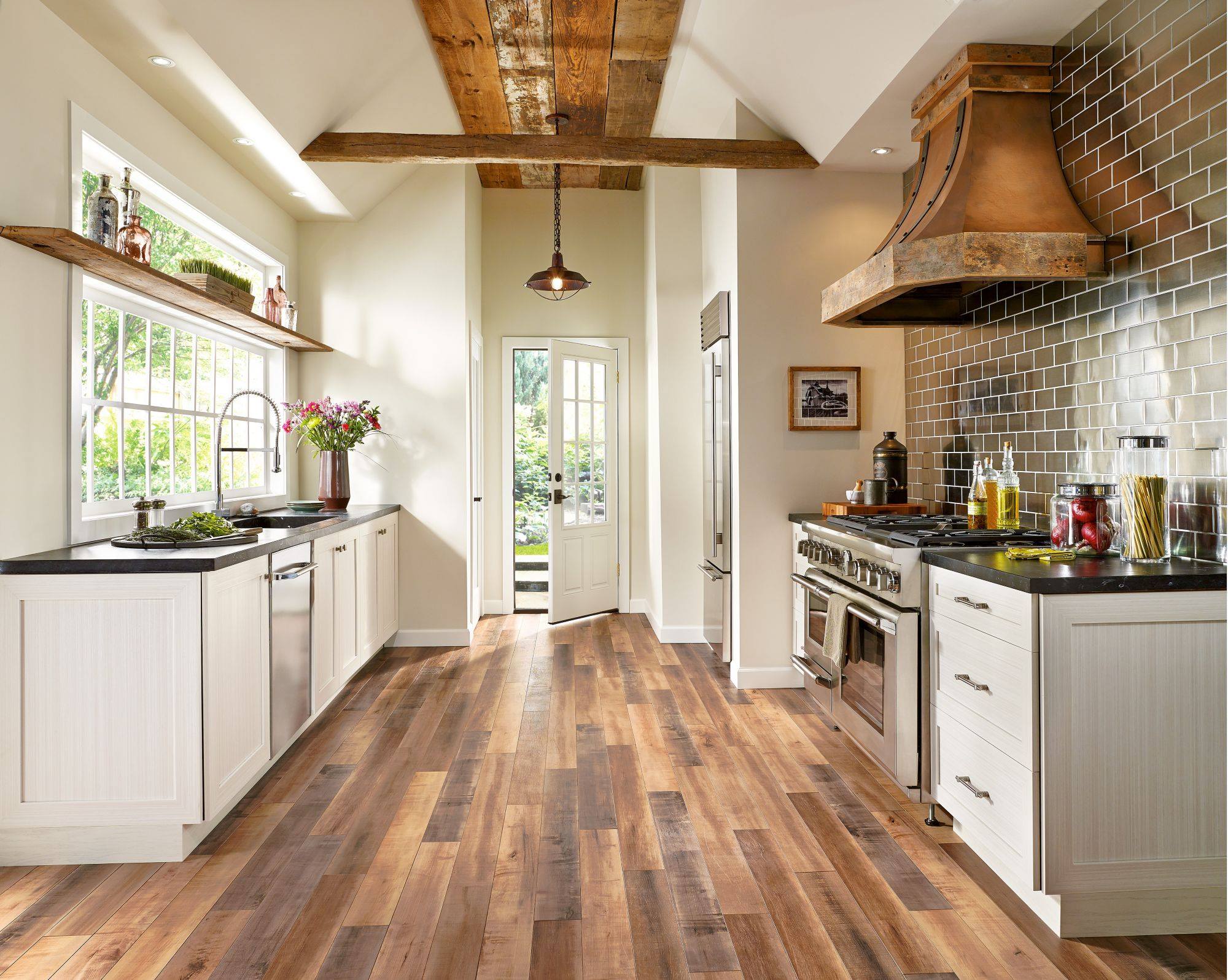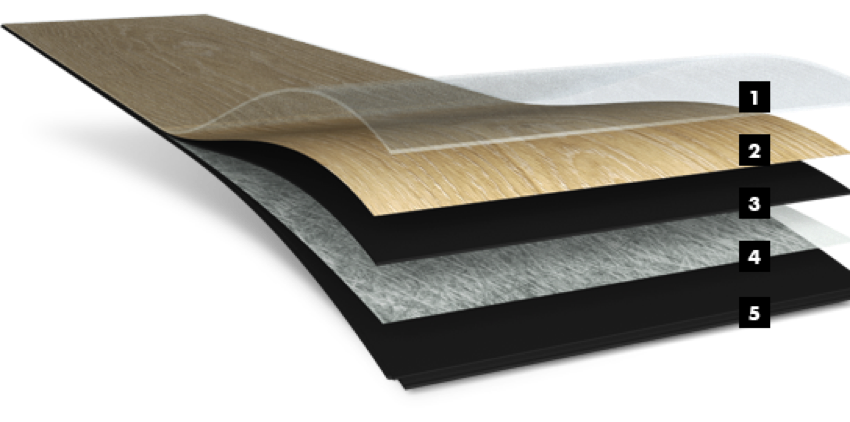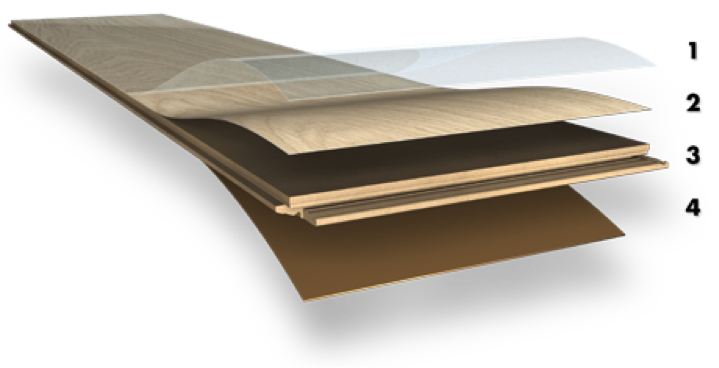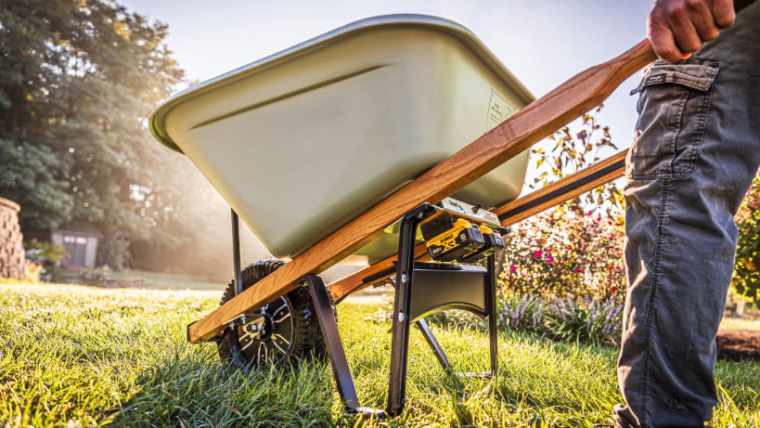Are you considering changing your floor? Here are some differences between vinyl and laminate!

Numerous floor solutions are available on the open market. Many of them offer a variety of cost-effective benefits while offering superior durability. Two common options are vinyl and laminate floors. It is interesting to note that many consumers tend to confuse these materials, and yet there are a handful of notable differences and amenities associated with each. Let’s take a closer look at both of them so you can make the most informed decision before starting a home or business renovation.
The properties of vinyl floors

The typical vinyl floor is made of completely synthetic materials. These usually include glass fiber, PVC and a substance known as a plasticizer. These materials are essentially formed into a permanent "sandwich" that may or may not include an additional polyurethane surface layer for additional protection. Vinyl is often considered a budget-friendly option, and yet there are numerous styles and designs to choose from.
You may also have the option to buy luxury vinyl flooring. The main difference is that these tiles are up to five millimeters thick (compared to a standard thickness of 1.5 millimeters). Luxury solutions usually have a more authentic design and are often suitable for areas with high pedestrian traffic. Some additional advantages of vinyl are:
- Vinyl can be installed in high moisture areas such as kitchens and bathrooms.
- Modern vinyl floors are completely waterproof.
- Vinyl is very easy to clean and maintain.
Now let's take a look at how vinyl is compared to laminate.
Laminate at a glance

The first point that needs to be mentioned in relation to a laminate floor is that, unlike synthetic materials, this grade is made of resin-bound wood. Laminate also tends to be thicker than vinyl; in the range between six and 12 millimeters. This makes it another great option for areas with high pedestrian traffic. In terms of overall aesthetics, most experts agree that laminate is the best option. Some of the main advantages of laminate are:
- Laminate is thicker than vinyl.
- This is often the preferred option if you prefer a more natural look.
- Some guarantees for laminate floors can last up to 25 years (if properly maintained).
It is clear to see that there are advantages and disadvantages to each of these floor solutions. For this reason, it is best to contact a specialist to determine which variant is best suited to your requirements. In any case, expect years of use and an incomparable aesthetic advantage thanks to modern technology.




